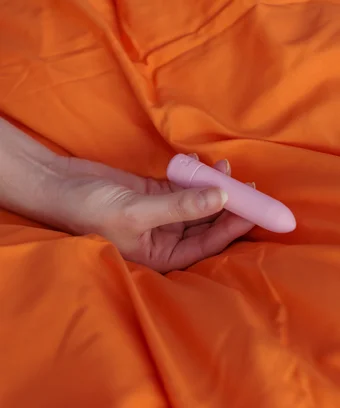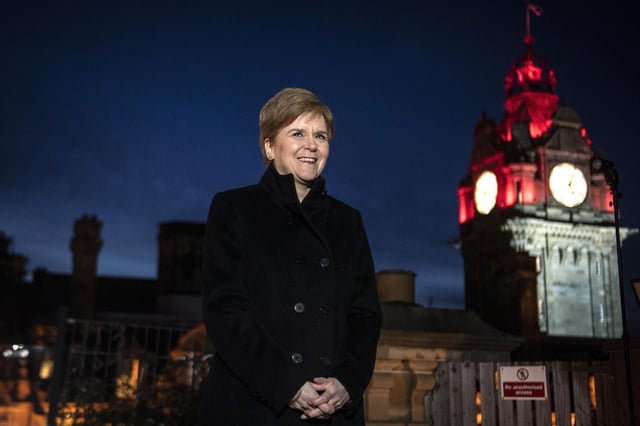
South Korean scientists say they have developed a device that can convert carbon dioxide into solid materials. File Photo by John Angelillo/UPI | License Photo
Nov. 23 (UPI) -- South Korean researchers say they have developed technology that can draw out carbon dioxide from industrial emissions and convert the climate-warming gas into calcium carbonate, which then can be adapted for different uses.
Koh Dong-yeun and his team at the Korea Advanced Institute of Science and Technology, KAIST, said they have developed a device to convert carbon dioxide into solid materials, which can be used to make cement and other materials, Aju Daily and Yonhap reported Monday.
The statement from KAIST comes two months after Koh and his team published their findings to the online site of ACS Sustainable Chemistry and Engineering, a peer-reviewed journal.
"The technology helps power plants, steel mills and cement makers, which emit a lot of greenhouse gas, to increase their competitiveness by reducing emission and recycling resources," Koh said, according to Aju Daily.
The scientists said an ultrapermeable membrane is the foundation of a "hollow fiber module" at the core of the technology, which can be used on factory chimneys.
"We show that a hollow fiber module based on an ultrapermeable membrane synthesized with the polymers of intrinsic microporosity [PIM-1] has the potential to directly utilize [carbon dioxide] from the flue [exhaust] gas stack via a continuous solid carbonation reaction," the South Korean team said.
Only carbon dioxide can cross the module's membrane. Once on the other side, carbon dioxide reacts with alkali metal ions to form calcium carbonates, the scientists said, according to Yonhap.
The team at KAIST also said the hollow fiber module is 20 times smaller than conventional devices, according to Aju Daily.
Carbon dioxide in emissions is a major contributor to greenhouse gases. This weekend, the Arctic Circle was an average 12 degrees Fahrenheit above normal, according to the University of Maine's Climate Reanalyzer, CBS News reported Monday.













